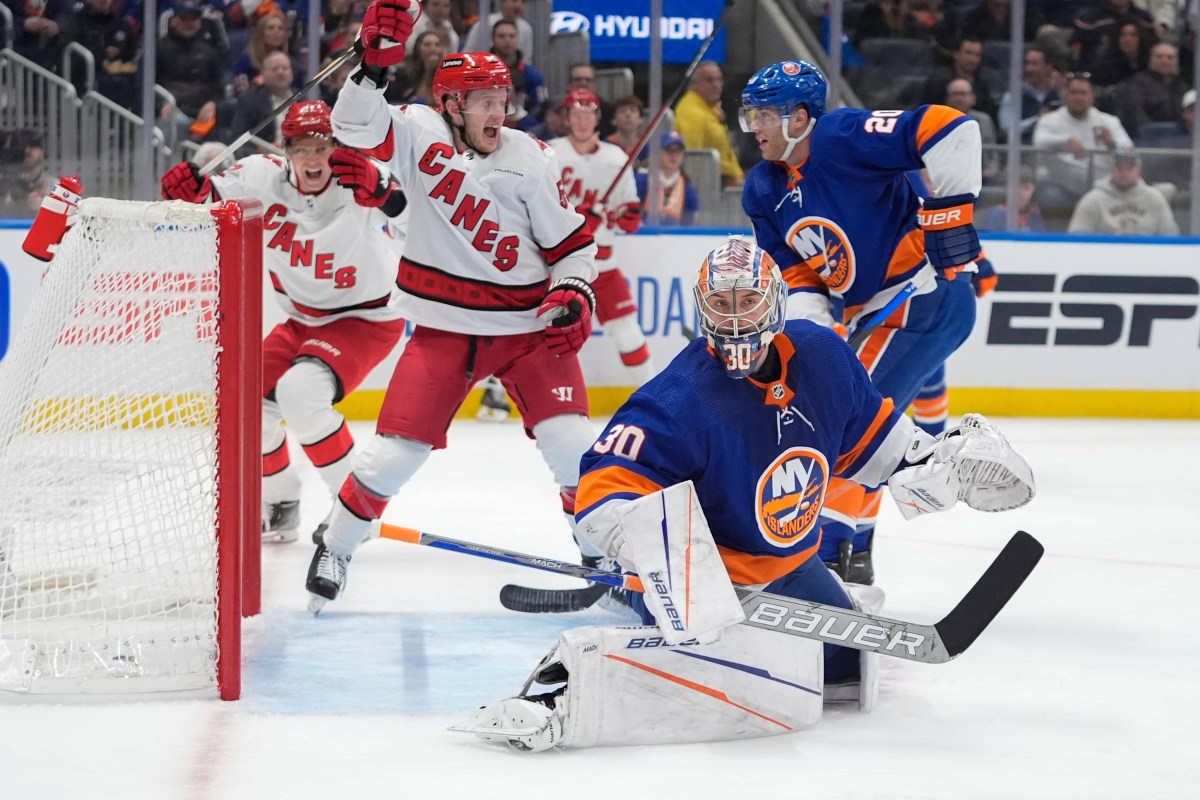Kitigan Zibi chief Gilbert Whiteduck knows what he doesn’t want when aboriginal leaders meet with the federal government next week: a photo op where the Prime Minister says the gathering was an “important stepping stone,” followed by silence.
Aboriginal leaders from across the country are meeting Prime Minister Stephen Harper and cabinet members Tuesday. The one-day Crown-First Nations Gathering was announced in early December, shortly after Attawapiskat First Nation declared a state of emergency over its housing crisis.
“It’s no longer a time for stepping stones. It’s time for action. It’s time for something concrete that will make a difference,” said Whiteduck.
He wants to see action on education, health care and housing for First Nations, but also “high-level” talks on governance issues and aboriginal rights that will be followed up on in more meetings.
Two political groups that represent Ontario First Nations are also calling for followup after the photo ops are over.
“This cannot simply be a photo op for the federal government or a continuation of the agenda to avoid recognition and implementation of the rights of First Nations,” Chiefs of Ontario head Angus Toulouse announced Thursday. “The true value of the meeting will depend on what happens as a result.”
The Union of Ontario Indians, representing 39 Anishinabek First Nations in Ontario, is also calling for “action, not photo ops,” but said the meeting, if done right, could start the rebuilding of the Crown-First Nations relationship.
“The short time frame we have to meet with the Prime Minister on the 24th is not going to be sufficient time to not only hear all of our issues, but respond to them,” said Grand Council Chief Patrick Madahbee. “We are pushing for an ongoing process over the next 12 to 18 months.”
Those followup meetings should include the Assembly of First Nations and cabinet ministers and culminate in a First Ministers conference, which would include aboriginal leaders as well as the heads of the federal, provincial and territorial governments, Madahbee said.
















